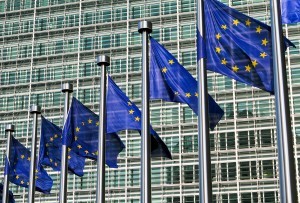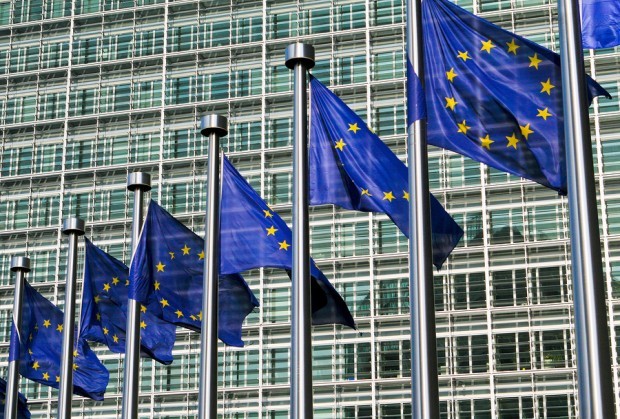European Union finance ministers are set to adopt new rules this week that will require asset managers, insurers and pension funds to disclose environmental and social risks in their investments from 2021.
The overhaul is expected to bring more clarity to the lightly regulated sector of responsible investing, and could set a global standard for the growing industry of green and socially-conscious loans, worth nearly $100 billion this year.
EU legislators reached a preliminary deal on the reform in March, but its implementation date was linked to the final approval of the new legislative text.
 That definitive green light will come on Friday when EU finance ministers gather in Brussels for a regular meeting, an EU document released on Monday said.
That definitive green light will come on Friday when EU finance ministers gather in Brussels for a regular meeting, an EU document released on Monday said.
The new law sets uniform rules on how financial firms should inform investors about environmental, social and governance (ESG) risks and opportunities linked to investments.
Financial firms which claim to pursue a green or social investment strategy will have to detail the impact of their investments, disclosing any that could pollute water, damage bio-diversity or cause large layoffs for example.
That is meant to reduce so-called “greenwashing” whereby asset managers and funds try to lure climate-conscious investors claiming green credentials that they do not deserve.
The new rules will be applicable 15 months after their publication in the EU official journal, which is expected in the weeks after Friday’s final approval. This means they could be in force at the earliest from February 2021.
Global green and ESG-linked loans totalled $71.3 billion at the end of the third quarter of this year, more than double from $32 billion in the same period in 2018, according to Refinitiv LPC.
EU legislators are also negotiating the adoption of new standards on green bonds to clearly define a “taxonomy” for what makes a sustainable bond and further boost a market expected to expand to $250 billion this year.
Talks are under way to decide whether funding of nuclear projects could be deemed as green, an option supported by France and other countries which rely on atomic energy for their domestic electricity consumption – but opposed by many others and by the European Parliament.





















 Beyond Automation: The Emerging Role for Contextual AI in Insurance
Beyond Automation: The Emerging Role for Contextual AI in Insurance  New Texas Law Requires Insurers Provide Reason for Declining or Canceling Policies
New Texas Law Requires Insurers Provide Reason for Declining or Canceling Policies  Viewpoint: Runoff Specialists Have Evolved Into Key Strategic Partners for Insurers
Viewpoint: Runoff Specialists Have Evolved Into Key Strategic Partners for Insurers  High Court Ruling on Trump Tariffs to ‘Ease Uncertainty,’ Says AM Best
High Court Ruling on Trump Tariffs to ‘Ease Uncertainty,’ Says AM Best 








